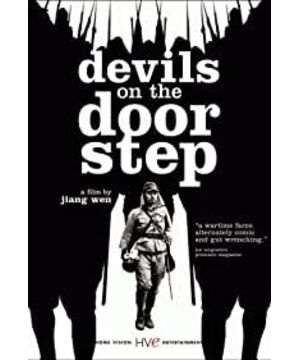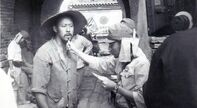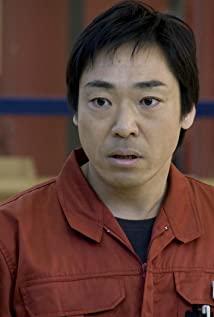The name is the most obvious detail.
Ma Dasan & Hanaya Kozaburo, two "extraordinary" characters in different systems. However, junior three and junior three are endowed with different definitions and endings in different national cognitions.
Xiao Saburo was originally awarded lofty respect by the Imperial Army because of his captivity, but unexpectedly returned to the team after half a year, stealing his life instead of committing suicide, which violated the national beliefs of the Imperial Army. "Happy New Year, Brother and Sister-in-law, you are my father and I am your son" at the Bonfire Party brought the conflict to a climax.
"On-the-spot execution for fun!"
but! He raised his sword to kill the sixth, and returned to the image of a warrior who safeguarded the dignity of the nation. He was immediately accepted and accepted, and the guns turned to the common people.
After Ma Dasan surrendered in Japan, when everyone welcomed the victory, he hacked and killed prisoners of war alone. It is especially breaking the rules, especially the hatred and blood of "the country is ruined and the family is destroyed" that most ordinary people put down.
The priorities of the two sides in terms of "rules" and "ethnic views" are up to you. Including two "public executions" of the public response, you will re-evaluate. (Just as Gao someone sentenced Ma Dasan to death, the director deliberately connected the humorous scene of people falling down and pigs running out, causing all the crowd to burst into laughter; however, the execution scene of Xiao Saburo was silent)
I have to mention that in the end, this Gao ordered the Japanese to execute the junior, Teacher Jiang Miao Ah.
View more about Devils on the Doorstep reviews










